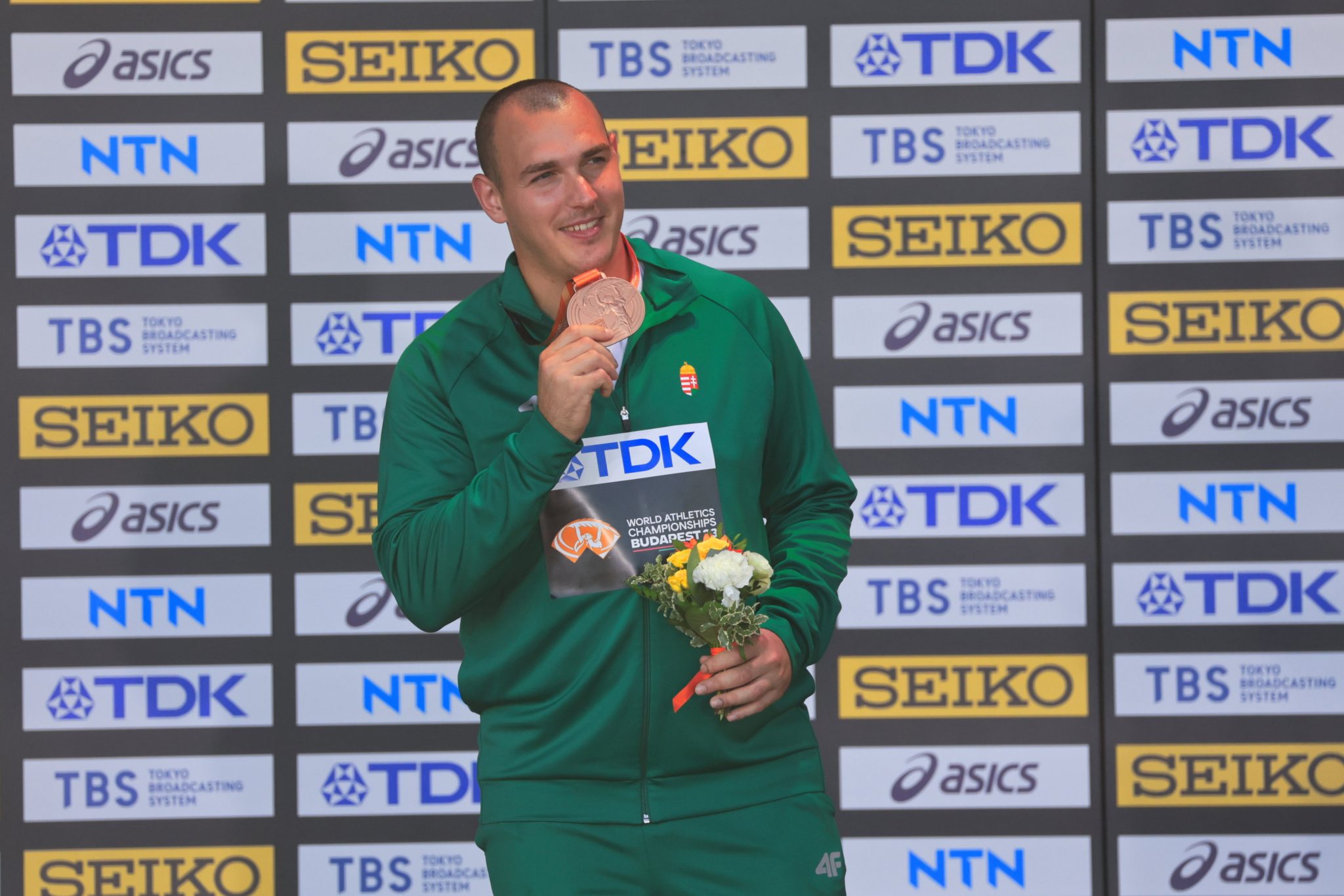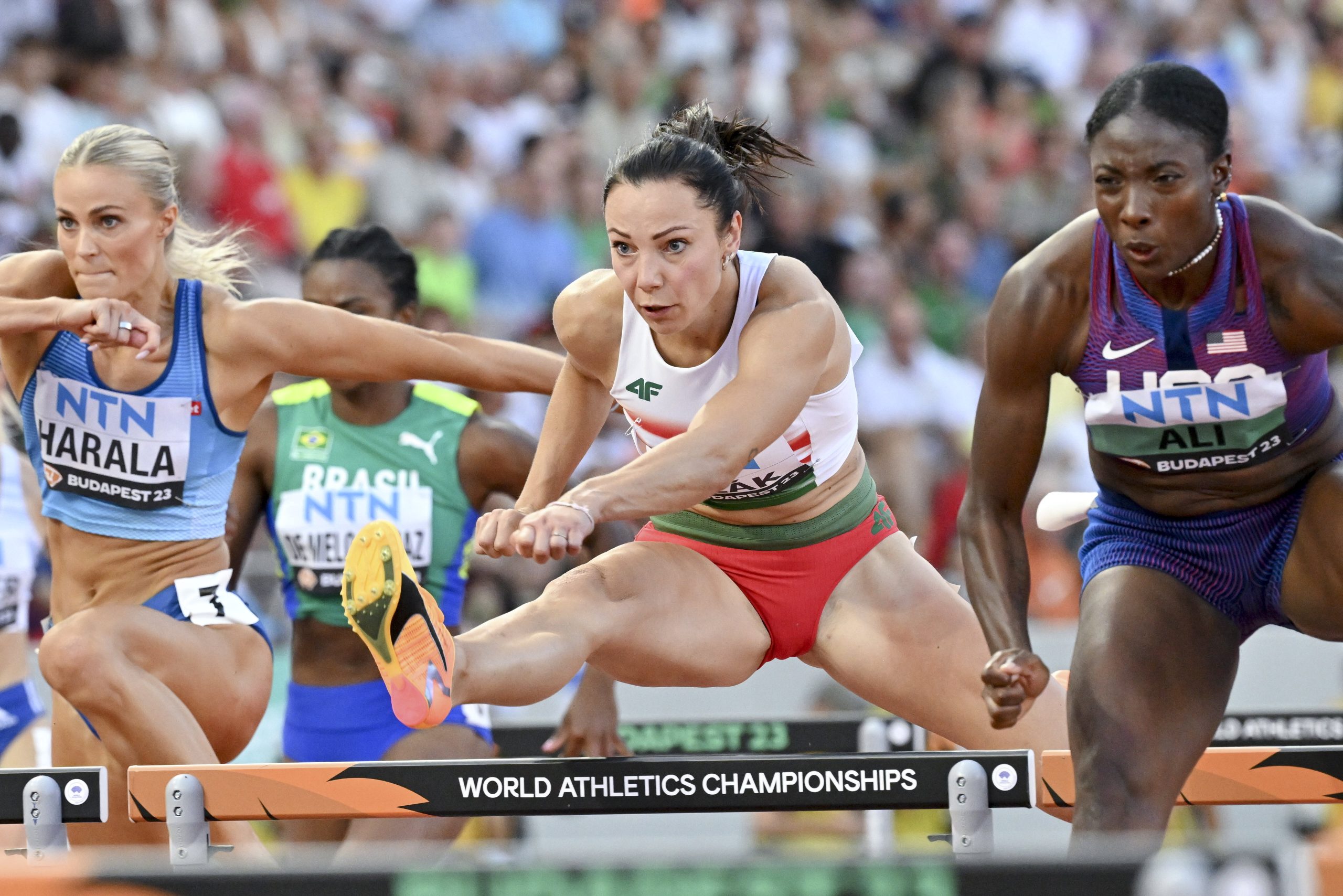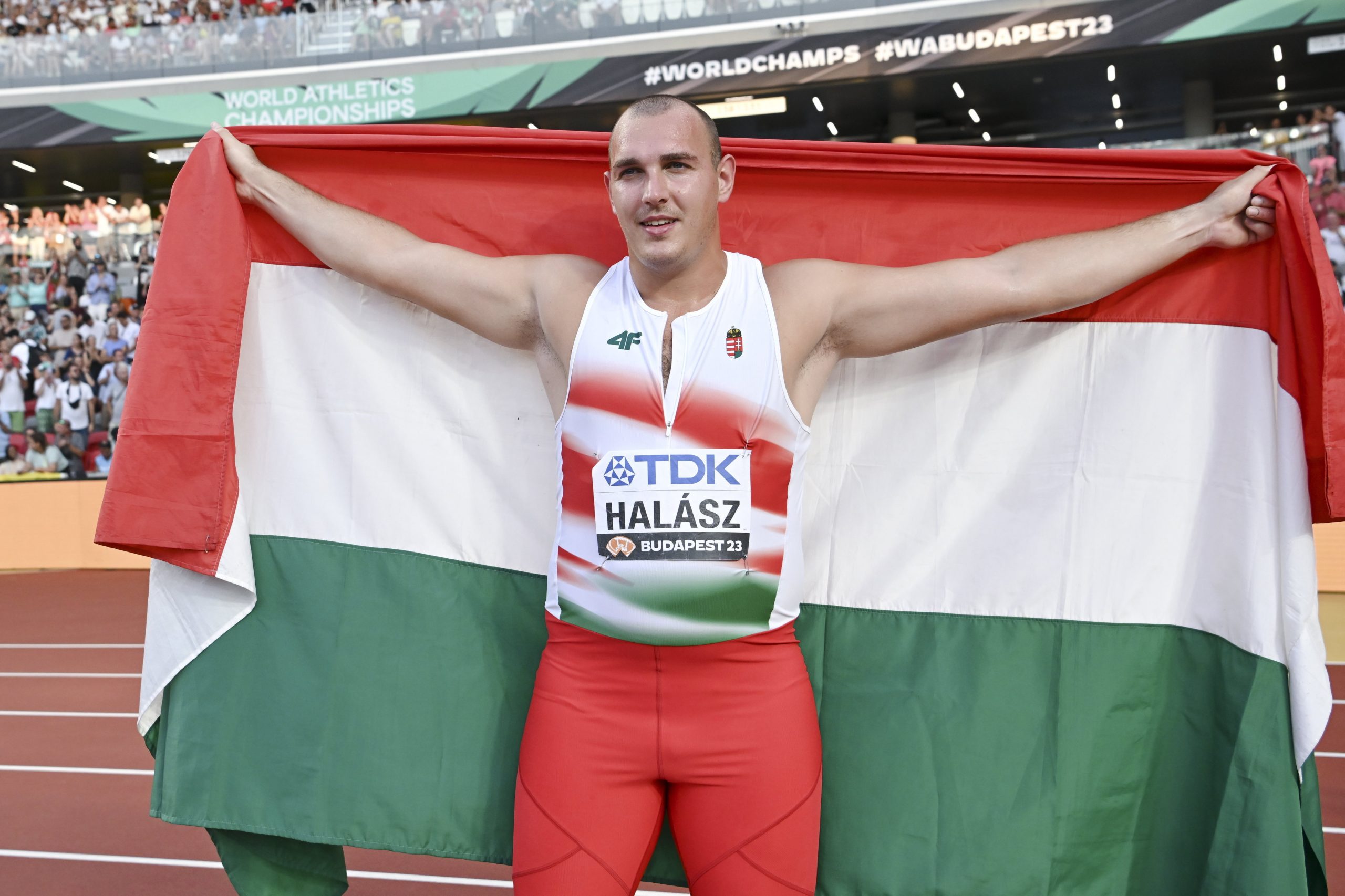
The medal ceremonies take place one after the other before each evening program in the park next to the stadium.Continue reading

In order to better serve the press and the public, Hungarian athletes have been undergoing communication and media training for the past six months to help them cope with the press and public pressure they will face at the World Athletics Championships in Budapest.
Renáta Kosaras, the Hungarian federation’s director of communications and branding, told MTI that the athletes who were certain to be able to compete at the World Championships had been regularly dealt with by a team of experts since February.
“With the athletes we have tried to cover all areas.
They went through stress management, speech technique, breathing technique training and also worked on social media presence. We prepared them for post-competition mixed zone statements, short and longer-length interviews, telephone, radio and television interviews.
These were recorded and analyzed together with them, and after acquiring the theoretical knowledge, they practiced in the spring during a series of short and longer interviews. We tried to focus on everything that involves working with the press and the public and that serves their development. Our work was supported by professionals,” emphasized Renáta Kosaras.
First of all, we wanted to give the contestants a basic understanding of how to express themselves when they are overwhelmed with joy and adrenaline, and also when the experience is negative.
A large part of the team is young and emotional, and you need to be able to manage that. This is why the federation’s educational efforts in this area will not stop and will continue in the autumn, with a stronger focus on young people”, she added.

Bence Halász after winning third place in the men’s hammer throw. Photo: MTI/Illyés Tibor
Renáta Kosaras highlighted that the focus has been mainly on the elite athletes in the past period, and for example, hammer thrower Bence Halász – who eventually won bronze – was given special attention regarding the burden he would have to carry to respond to expectations, and how to handle it in the media.
It was also revealed that all athletes were asked to improve their vocabulary and read at least three pages of literature every day. “We focused on mainly the Hungarian press, but fortunately we have no problems with foreign media either. Almost everyone in the team speaks good English,” Kosaras concluded.
Via MTI, Featured photo via MTI/Czeglédi Zsolt